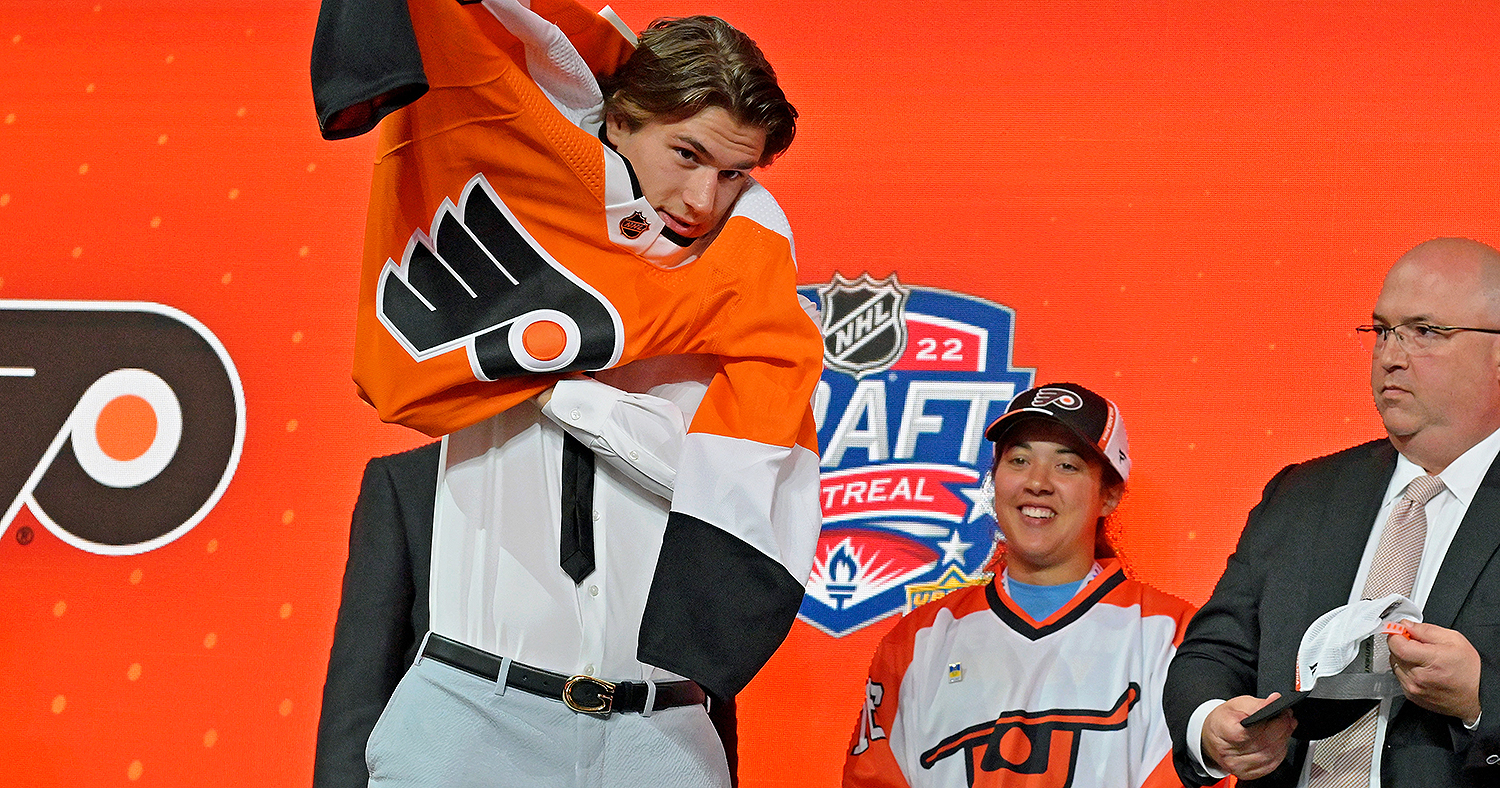One of the more frequently argued points in favor of keeping Kevin Kolb for 2011 is the "we need him if/when Michael Vick gets injured" meme. The idea here is that Kolb could rescue the team's Super Bowl hopes if Vick has to miss significant time, and that without him the Eagles would be dead in the water.
That got me thinking, how much is a backup quarterback really worth? The argument being made here is one based on fear — fear of a catastrophic season-ending injury that derails a magical season. But from a statistics perspective, we can eliminate that emotional component and focus on the facts.
Let's start from the beginning. How likely is it that Vick will get hurt? While Vick takes a lot of hits, there's no guarantee that he'll miss time. In fact, like Donovan McNabb, he has shown that he can play through a number of injuries. So what about across the NFL? How often do starting quarterbacks get hurt?
During the 2010 season, backup quarterbacks started 101 games out of a combined 512. Twelve NFL teams never had to start a backup, but that means that the majority did. Overall, teams averaged just over three games started by backups over the course of the 16-game season. Although some of these backups replaced demoted starters rather than injured ones, we can take the three-game rule on the whole to be an appropriate approximation of the likely number of games the Eagles won't have Michael Vick under center next season.
Next, we have to figure out how much worse the backups are than the starters, and how much less likely a team is to win with the second-string quarterback making the throws. I compared the win percentages from the games started and completed by starters with those by backups, eliminating the teams who avoided the injury bug all year.
What I found was that the average win percentage by team with their starter was 50-percent -- an even split. However, the backup-led teams only won 32.7-percent of their games. That's a sizable difference. When we apply the win percentages to the three game expected injury time, where the starter would win 1.5 of those games, the backup only would win .98 of the three.
By this logic, the drop off to the backup quarterback was worth, on average, about .5 wins over the course of the season.
Sports
In partnership with NBC Sports Philadelphia
The final piece of the puzzle addresses the Eagles specifically. During the Andy Reid-era, has the drop off from Donovan McNabb to his backups been similar to the NFL average? During seasons in which McNabb missed at least one game, his win percentage was 61.3-percent. His backups came in at 50.5-percent.
Obviously, since the Eagles have produced better teams than average over the past decade, their win percentages are going to be higher. Thus, in the three game average backup window, where McNabb would win 1.8 games, the backups averaged 1.5 victories.
That the difference for the Eagles has been only .3 wins rather than the .5 NFL average in 2010 could be the result of a number of factors, including random luck, better backups than average, or better coaching. While Jeff Garcia was a revelation in 2006, I tend to think the truth falls more into the first and third categories.
Either way, whether you look at the league average or the Eagles, a half victory here or there likely doesn't make the difference between a Super Bowl season and another disappointment. Even if Kolb came in and played at exactly Vick's level, the difference (on average) is relatively minor. Obviously there are scarier scenarios where Vick gets injured for six, eight, or 10 games instead of three. But we must keep in mind (a) that it's just as, if not more, likely that Vick doesn't miss any games, and (b) that there's no guarantee Kolb would provide any more than the standard backup .3 to .5 win drop off we'd expect from any other free agent the Eagles brought in. If he were as good as Vick, the Eagles probably wouldn't have demoted him in the first place.
After all that, it's clear to me that the argument for keeping Kolb as a backup "just in case" has little going for it besides fear of circumstances beyond anyone's control. If the Eagles aren't still contemplating keeping Kolb long term, sending him off for a first round draft pick seems like the smart move.



